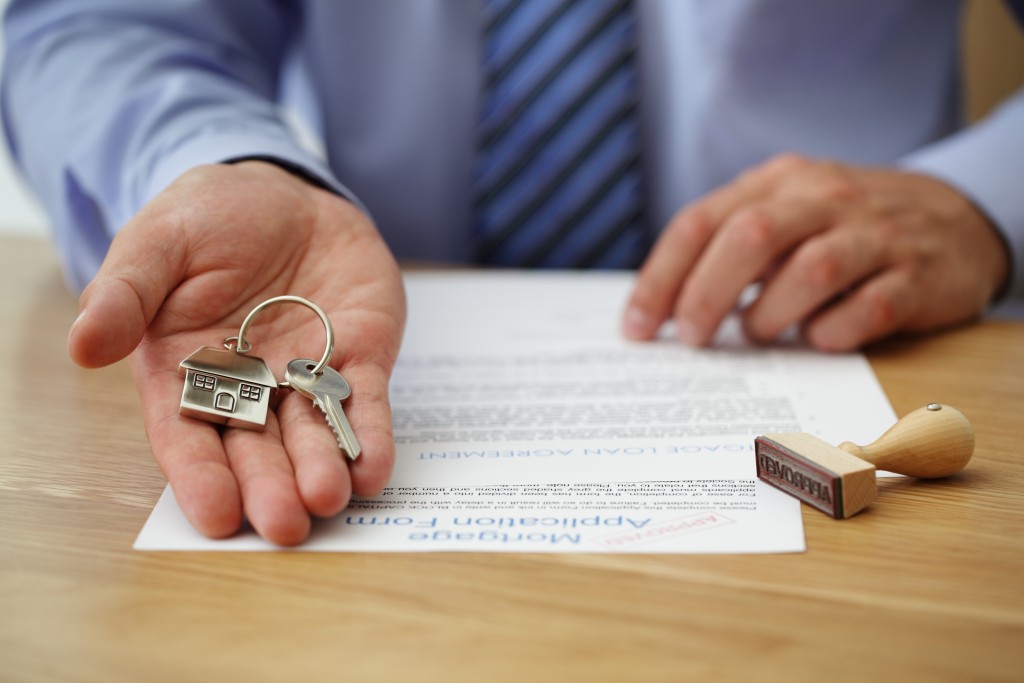One of the first things that mortgage lenders look into is your credit score. But if you have bad credit, can you still qualify to buy a house?
When you speak with mortgage loan providers in Utah and other cities, one of the first things they will check about you is your credit score. Your credit paints a picture of your financial trustworthiness and your capacity to pay off a loan. Therefore, a good credit score implies that you pay your bills on time and are more likely to be able to pay a mortgage.
But if you have bad credit, this tells lenders that you are a high-risk borrower, which is why buying a house with bad credit is challenging, but not impossible.
Yes, it’s possible to buy a house even if your credit has sunk to the depths. People who have filed for bankruptcy, defaulted on payments, or lost their last home to foreclosure, among many others whose credit is suffering, can still get a mortgage. Here’s how:
1. Get your credit report
Your credit report will tell give you a clear picture of what your credit history is like. It has details about your payment history, credit inquiries, and public records, which are reported by lenders and creditors. By understanding your credit history, you can figure out how to boost your score in any way you can. Even if you can’t pull up your credit score to the satisfactory levels, adding at least a few points can help your chances of qualifying for a loan.
2. Determine how much you can afford

Realistically speaking, if you have a bad credit score, you will most likely spend more money because of interest. Thus, determining how much you can afford is a vital step in the process.
Take a look at your current income. The general rule states that you should not spend more than 28% of your monthly income on housing expenses and 36% on total debt (housing plus auto loan, student loans, credit cards, etc.). So if you make a total of $4,000 a month after taxes, your monthly mortgage payment should not exceed $1,120.
3. Save for a bigger downpayment
In general, the bigger the down payment, the better your mortgage rate will be. For people with good credit standing, they save at least 15-20% for the down payment on a new house. However, if you have bad credit, you should aim to save higher than that, especially if your score will not improve anytime soon (e.g. if you have filed for bankruptcy wherein the effect on your credit will stay for ten years).
Having a sizeable down payment can also show lenders that you are serious about buying a house, which can increase your chances of getting a good mortgage deal.
4. Find government-backed loans
Mortgage loans that are backed by the government have lower requirements for credit scores, down payment, and debt-to-income ratio. Check out these different loans to see if you qualify:
- FHA loans
- VA loans
- Conventional loans
- USDA loans
If your credit score is dismal, but you still want to buy a house, these are the options that you should consider first. However, if the house can wait for a little while longer, consider building up your credit score first so you can qualify for better mortgage rates.

